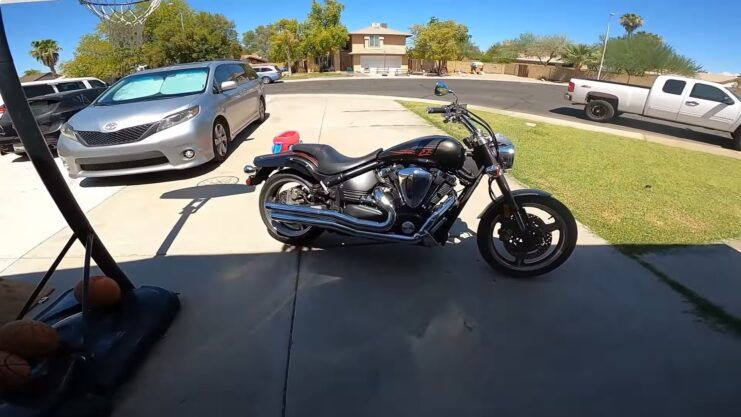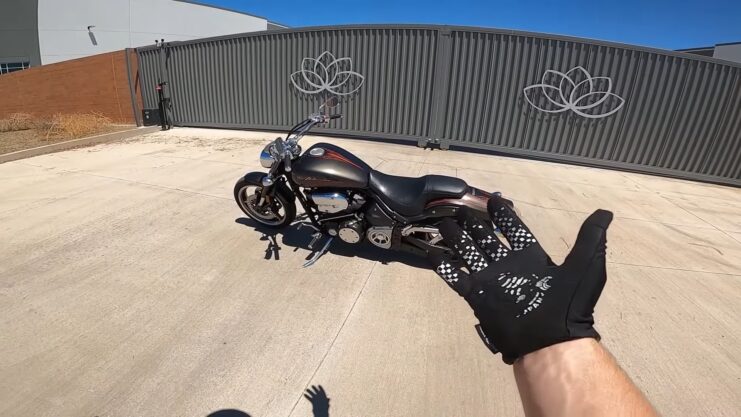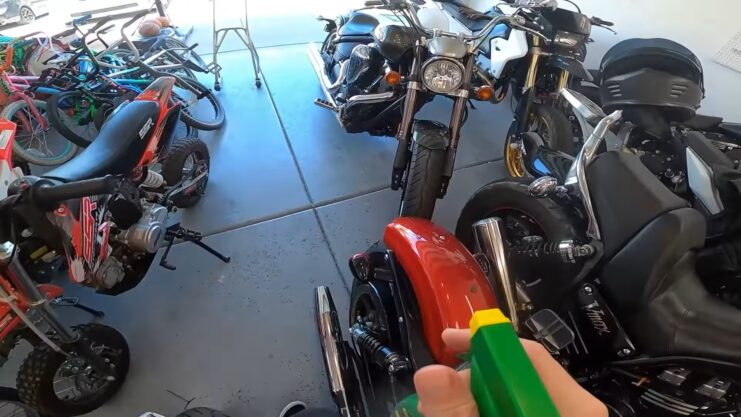Parting ways with your motorcycle can be an emotional decision, but it’s important to approach the selling process strategically to maximize your return on investment. Whether you’re upgrading to a new bike or simply moving on from motorcycling, take the time to follow the steps here to make sure you get as much money as possible for it and sell it quickly.
1. Determine the Right Time to Sell
When you plan to sell your motorcycle, timing is crucial. Consider factors such as the riding season, local market demand, and any specific events or gatherings that may attract potential buyers. Selling during peak riding season when demand is high can help you fetch a better price. If it is necessary to sell immediately, it may not be possible to get as much money for it. If you are interested in how to find the best way to sell it, check out cleanharleys.com.
2. Set a Competitive Price

Research the current market value of your motorcycle by browsing online listings, classifieds, and dealer websites. Consider the make, model, year, mileage, condition, and any modifications or additional accessories. Price your motorcycle competitively to attract potential buyers while still ensuring a fair return. Remember, though, that the advertised price is not necessarily how much you’ll get, as many potential buyers will want to negotiate something a little lower.
3. Gather Documentation
Collect all relevant paperwork for the motorcycle, including the title, registration, maintenance records, and any warranty information. They should be on hand and ready to show to potential buyers before the motorcycle is listed. Having these documents readily available instills confidence in potential buyers and streamlines the transaction process.
4. Clean and Prepare the Motorcycle
First impressions matter, so take the time to thoroughly clean your motorcycle. Wash the exterior, polish the surfaces, and clean the wheels, taking care to avoid scratches or other issues. Remove any personal belongings and ensure the bike is in presentable condition. Minor repairs or touch-ups can also enhance its appeal.
5. Take High-Quality Photos
Good-quality photos are essential for effective online listings. Use a decent camera or smartphone to capture well-lit, clear, and detailed images of your motorcycle from different angles. Highlight its unique features and any recent upgrades to attract potential buyers. It is not necessary to hire a photographer to take photos of the motorcycle, but make sure there are plenty of photos that show the overall condition of it clearly.
6. Advertise Effectively
Utilize various platforms to advertise your motorcycle, such as online classifieds, motorcycle forums, social media, and local riding groups. Craft a compelling and accurate description that highlights the bike’s key features, maintenance history, and any notable modifications. By advertising in as many ways as possible, it’s easier to reach out to more people who may not be in the same groups online or in person.
7. Consider Selling to a Dealer
Dealers will often purchase motorcycles to sell to other buyers. Doing this can streamline the process, as there’s no need to look around for buyers, pay to advertise the motorcycle, or deal with test drives. It’s also a whole lot faster to sell to a dealer, so you won’t have to wait weeks or months to get the money from the sale. Look for a dealer that will offer to pay a competitive amount for the motorcycle to get as much as possible for it.
8. Be Responsive and Professional
Promptly respond to inquiries and be available for potential buyers to view the motorcycle. If they text or call during work hours, for instance, return the call as soon as possible. Be courteous, professional, and honest in your communication. Provide accurate information and address any concerns potential buyers may have. Building trust can make the selling process smoother.
9. Conduct a Thorough Inspection
Prior to showing the motorcycle to potential buyers, inspect it thoroughly. Check for any mechanical issues, leaks, or damage. Address any necessary repairs or maintenance to ensure the motorcycle is in good working condition. A well-maintained bike is more likely to attract serious buyers and is more likely to sell for a higher amount.
10. Negotiate Effectively

Be prepared for negotiations. Most potential buyers will want to negotiate so they feel they’re getting a better deal. Determine your bottom line and consider any room for negotiation. It’s important to be flexible but also sticks to a fair price that reflects the motorcycle’s value and condition. Be willing to compromise on certain aspects, such as payment terms or including additional accessories.
11. Consider Safety and Security
When meeting potential buyers, prioritize your safety and security. Choose a neutral and public location for meetings, preferably during daylight hours. Many police stations do have areas where it’s possible to meet potential buyers in a safe place to do a sale. Let someone know about your plans and consider having a friend accompany you. Avoid sharing personal or financial information unnecessarily.
12. Complete the Sale Legally
Once you’ve found a buyer and agreed on the terms, ensure the transaction is completed legally and securely. Request identification from the buyer and then draft a bill of sale. The bill of sale should include both parties’ details, the motorcycle’s information, the sale price, and the date of the transaction. Complete the necessary paperwork for transferring the ownership and notify the appropriate authorities. Always follow local laws and regulations when selling the motorcycle to make sure it’s done properly and prevent future issues.
13. Transfer Insurance and Cancel Registration
Inform your insurance provider about the sale and cancel the insurance policy accordingly. Provide the necessary documentation to transfer ownership and cancel the registration of the motorcycle. This will protect you from any liability and ensure a smooth transition for the new owner. It is important to do both of these as soon as possible after the sale to avoid issues like parking tickets in your name or worse.
Selling your motorcycle can be a rewarding experience when approached strategically. By following these guidelines, you can attract potential buyers, negotiate effectively, and complete a successful sale. Remember, patience and flexibility are key, so be prepared for the process to take some time, especially if you’d like to get top dollar for the motorcycle.

